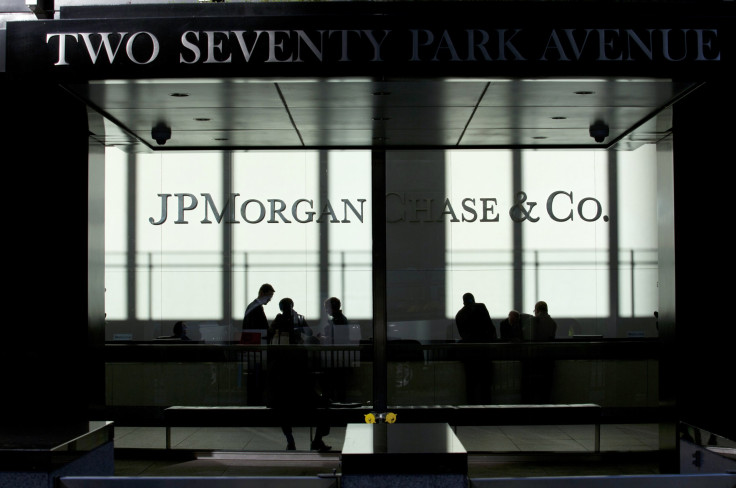JPMorgan Settles For $307 Million Over Failure To Disclose Conflicts Of Interest

JPMorgan Chase & Co. reached a $307 million settlement with regulators Friday over lapses in its disclosure of conflicts of interest within wealth management and private banking units. The settlement, which was more expensive for the bank than previously reported, comes as banking watchdogs crack down on conflicts in the financial adviser business.
“Firms have an obligation to communicate all conflicts so a client can fairly judge the investment advice they are receiving,” said Andrew Ceresney, enforcement chief of the Securities and Exchange Commission (SEC), in a statement.
From 2008 to 2014, clients at three JPMorgan asset management affiliates were pushed toward mutual funds that JPMorgan itself managed and toward hedge funds that paid kickbacks to JPMorgan affiliates, the settlement states. Advisers allegedly failed to inform clients that JPMorgan made higher profits by selling products managed by its subsidiaries.
The conflicts sometimes ended up directly costing clients, the SEC alleges. Clients in the Chase Strategic Portfolio, for instance, often ended up in mutual funds whose share classes were 15 basis points — or 0.15 percent — more expensive than they could have been, dragging on returns while earning JPMorgan higher fees, the SEC order states. JPMorgan did not disclose the existence of the cheaper options that were available to clients.
JPMorgan admitted wrongdoing in a $267 million settlement with the SEC. In a parallel $40 million civil monetary settlement, JPMorgan agreed to the facts set forth by the Commodity Futures Trading Commission (CFTC).
The bank was also dinged for failing to disclose its preference for investing clients in hedge funds that paid so-called retrocessions, which are kickbacks that money managers pay for inclusion on a private bank platform. All but one of the hedge funds currently available to clients of JPMorgan's Private Bank platform paid those kickbacks, the CFTC said.
JPMorgan did tell some of its clients the bank received retrocessions, explaining that the payments lowered the overall cost for clients. But it wasn't until August 2015 that disclosure statements explained JPMorgan's preference for hedge funds that pay the fees.
“We have always strived for full transparency in client communications, and in the last two years have further enhanced our disclosures in support of that goal,” JPMorgan spokesman Darin Oduyoye said. “The disclosure weaknesses cited in the settlements were not intentional and we regret them. We remain confident in our investment process and are proud of the way we manage money.”
Regulators said they intend to pursue similar investigations. “We and our regulatory partners will aggressively pursue financial institutions that fail to provide adequate disclosures to clients,” said Aitan Goelman, enforcement director for the CFTC.
© Copyright IBTimes 2024. All rights reserved.












